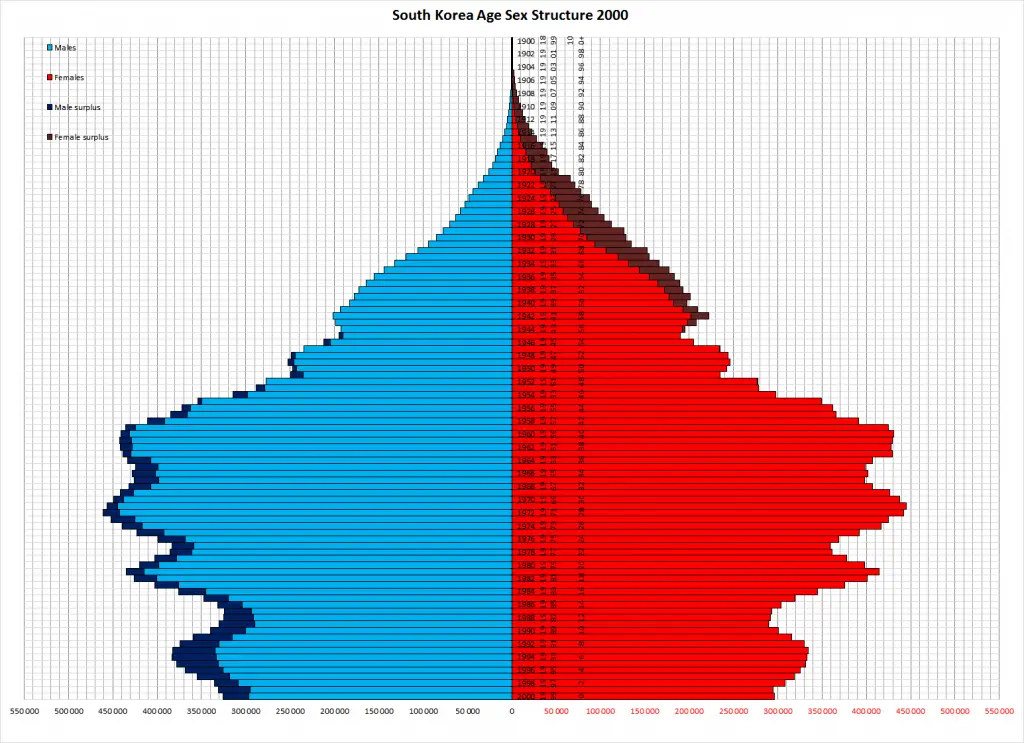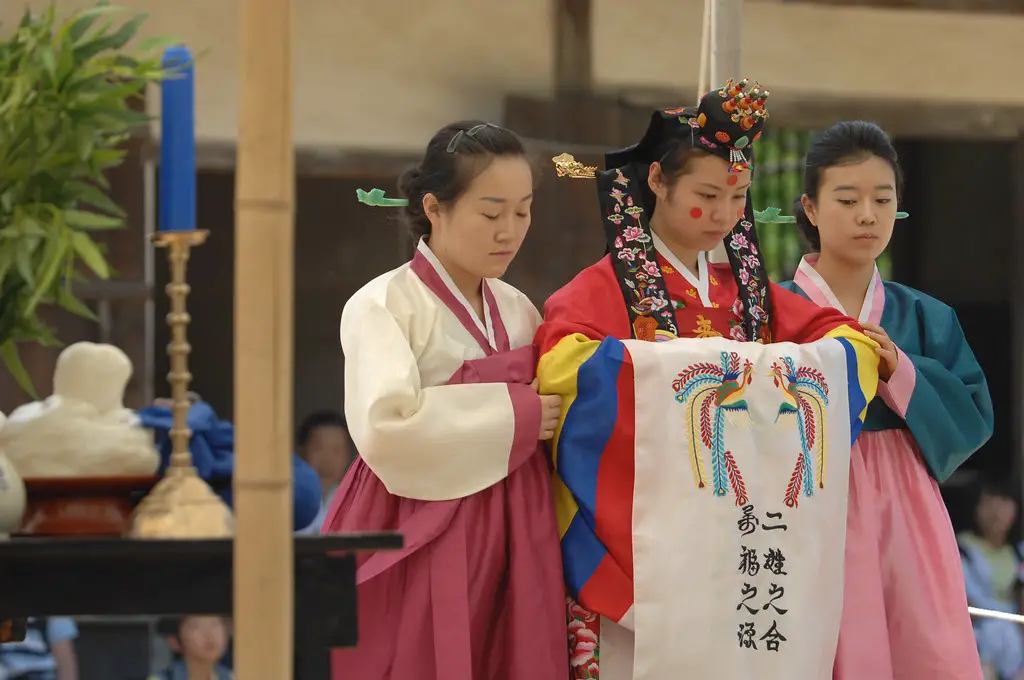Do South Koreans use birth control?
South Korea has a comprehensive reproductive health policy that includes family planning services, and the country has a low maternal mortality rate and high contraceptive prevalence rate. South Koreans have access to a wide range of contraceptives, including condoms, oral contraceptives, intrauterine devices (IUDs), and emergency contraception. However, cultural and religious beliefs, as well as barriers to accessing healthcare, may affect contraceptive use. Improving access to family planning services and increasing education on contraception could help reduce unintended pregnancies and improve maternal and newborn health outcomes in the future.





